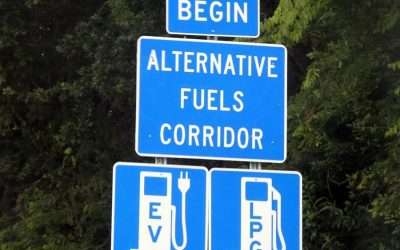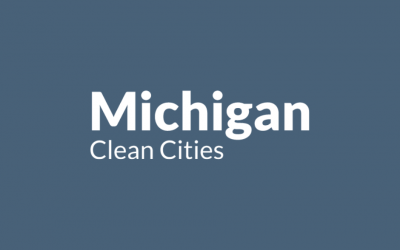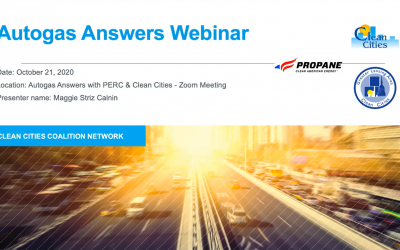Do your kids know your work is cool and important? Tell them (and invite them to get involved)! The mission of the MICC coalition is to address energy, economic, and environmental security through clean transportation solutions – that’s important (and cool?). Within the coalition’s work, we are also formally centering equity toward that mission. This summer and fall, the impact is starting to be more visible through connections to opportunity, active projects, and actionable plans all of which have been bolstered by the Justice40 Initiative through the Biden-Harris Administration.
Justice40 is delivering impact through the Clean Cities & Communities Energy & Environmental Justice Initiative (CCEEJI) capacity building and technical assistance to communities as well as through the inclusion of community benefits planning being included as a component of U.S. Department of Energy funding programs. Aside from federal commitments to equity – MICC coalition stakeholders, such as LISC Detroit, are also providing resources to support equity.
Some examples of how equity is showing up in MICC’s work include grant proposals pursued within the MICC network with coalition staff assistance, delivery of clean transportation solutions responsive of past input from residents in Justice40 areas, and more:
- This season, community engagement activity with residents of housing developments in the LISC Detroit portfolio is resulting in Clean Transportation Action Plans (CTAPs) developed in collaboration with the LISC Detroit Equitable Mobility Framework and CCEEJI. These CTAPs with the Piety Hill and Elijah McCoy neighborhoods of Detroit will identify mobility resources and gaps, desired solutions, prioritize those solutions, and offer an actionable plan for realizing solutions.
- Project proposals supported by MICC coalition staff have included the Communities Taking Charge proposal, which would increase clean transportation solutions available in neighborhoods in Grand Rapids, Detroit, and Highland Park, as well as a project that would conduct community benefits engagement related to hydrogen as a transportation fuel. Each activity is responsive to and co-led with local, community-based organizations.
- In September, MICC will welcome to Detroit members of the national Towards Equitable Electric Mobility (TEEM) Community of Practice and the national CCEEJI members. Each group, in addition to the program of their meetings on advancing equitable clean transportation, will learn history and strides being made today in the local context of Detroit related to equity in transportation planning and transportation technology deployment.



